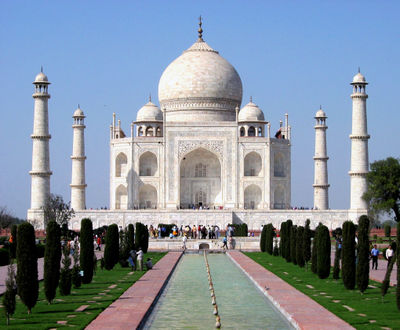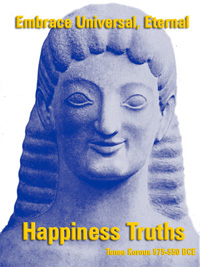CBS removed Gilbert’s second quote* from the CNBSnews.com website after we received his angry email.
Our comments had impact!
Katie Couric’s interview today with “Stumbling on Happiness” author Daniel Gilbert shares revealing insights into how psychologists view happiness.
Here are Dr. Gilbert’s closing comments:
“This interview has, of course, been the single happiest experience of my entire adult life,” says Gilbert.
“I’d have to say that I am especially happy when my 4 year old granddaughter and I spread the tinker toys out on the living room floor and build a geebenfloober. Neither of us has any idea what a geebenfloober is, but it’s really fun to say with a mouthful of pretzels.”
Conspicuously absent were any steps people can take to live happier, more fulfilling lives, like…
Be Guided By Goodness, Fuel Your Life With Fun, Your Aim Determines Your Achievements, Avoid All Unnecessary, Non-Productive Negativity and the Fault Finding Feel Goods, Focus On How You Want To Feel, Drive Discipline With Desire, Live According To Your Aspirations Not Your Inclinations, Touch People With A Positive Spirit, Live By Only The Highest And Best Values, Be Driven By Desire Not Duress, Love Propels Happiness.
Psychotherapists have major investments in treating disease. Growing happiness does not necessarily further their goals.
*Gilbert begins by saying, “in the land of plenty, plenty of people are unhappy and want to know why.”
He seems to view unhappiness as something that is wrong, as a disease, not as a negative state that can be changed and overcome by thinking and acting in new or different ways.
Don’t look to psychologists or psychotherapists for compelling insights about happiness.
Instead, seek out genuinely happy people. Study and acquire their values, beliefs and ideals and then become happy like them.
Gilbert comments, “You should do some homework before criticizing others as a means of promoting your book.” Hmmm, did we really criticize? Or did we just quote him fairly from the interview and state the facts? We were certainly kind and supportive on the CBS website.
You decide.
See HappinessHabit.com for more happiness insights.
Copyright 1999- , Michele Moore. All Rights Reserved. Reprints.

 Are God and Jesus Christ
Are God and Jesus Christ




 A Master in the Art of Living
A Master in the Art of Living

